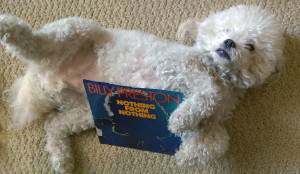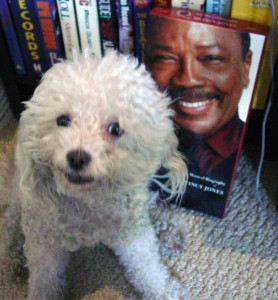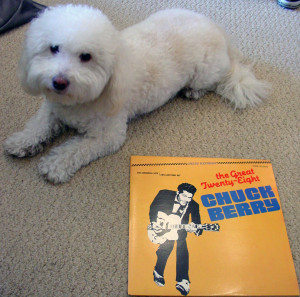Nineteen fifty-seven was a banner year in the nascent days of rock and roll.
Buddy Holly and the Crickets had their first chart hit with “That’ll be the Day,” which hit #1 in September. “Peggy Sue” became their second top ten single before the year was out.
Sun Records, the label that brought us Elvis Presley (among others), released “Whole Lotta Shakin’ Going On,” performed by Jerry Lee Lewis. It became Lewis’ first hit single, peaking at #3.
Gospel singer Sam Cooke released his first secular recording on Keen Records. The song was “You Send Me,” and it spent three weeks at #1 in December. Cooke would go on to score 28 more top 40 pop hits.
The Everly Brothers cracked the pop chart for the first time with “Bye Bye Love,” which peaked at #2. Their follow-up single, “Wake Up Little Susie,” went to #1 and stayed there for four weeks.
Chuck Berry, who cracked the pop top ten in 1955 with “Maybellene,” had two more top ten hits in 1957 – “School Day” and “Rock & Roll Music.” He wouldn’t have a #1 single until 1972.
Elvis Presley was at #1 on the pop singles chart for exactly half the year with “All Shook Up,” “Jailhouse Rock,” “(Let Me Be Your) Teddy Bear,” and “Too Much.” So his increasing amount of fans wouldn’t be bothersome to his neighbors and to have more security, in 1957 Presley purchased the Graceland mansion in Memphis for $102,500.
Jackie Wilson, formerly a member of Billy Ward and His Dominoes, released his first solo single, “Reet Petite (The Finest Girl You Ever Want to Meet),” co-written by an up-and-coming songwriter named Berry Gordy, Jr. Though the song only reached #62 on the US pop chart, it went top ten in the UK, earning Gordy enough money to fund the launch of Motown Records. Ultimately, Wilson would have 24 top 40 hits on the US pop chart.
Little Richard, who first cracked the pop chart in 1956 with “Tutti-Frutti,” had three more top 40 hits in 1957 – “Keep a Knockin’,” “Jenny, Jenny” and “Lucille.” The latter hit #1 on the r&b chart, while the other two titles peaked at #2 r&b.
The Coasters teamed up with the production/songwriting team of Jerry Leiber and Mike Stoller and in doing so, scored with the double-sided hit single “Searchin’” (#3 pop / #1 r&b) and “Young Blood” (#8 pop / #1 r&b). With Lieber and Stoller The Coasters would score several more top ten hits over the next few years.
Also, in 1957, the television program American Bandstand was syndicated nationally. It would air for the next 32 years.
Tunes du Jour’s Throwback Thursday playlist this week focuses on the great music of 1957.
Click here to like Tunes du Jour on Facebook.
Follow me on Twitter: @TunesDuJour.


